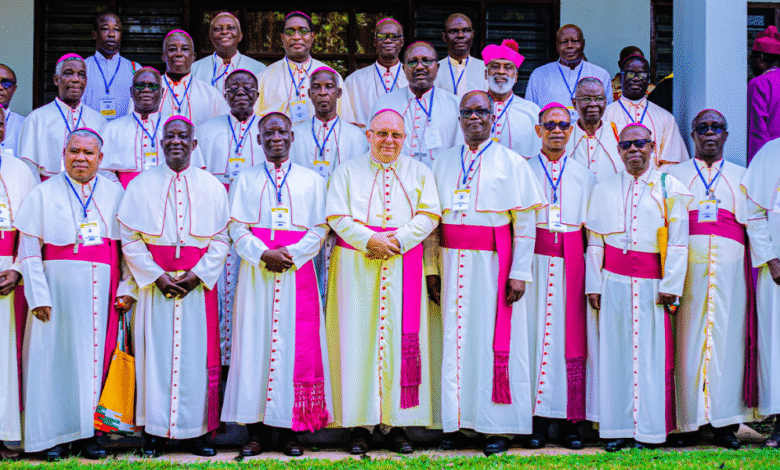We won’t follow bad policies – Catholic Bishops’ Conference warns Education Ministry

The Ghana Catholic Bishops Conference has issued a firm caution to the Ministry of Education, stressing that missionary schools will not accept any policy changes that distort their long-standing philosophy and identity.
Speaking on Sompa 106.5 FM on Thursday, the President of the Catholic Bishops Conference, Most Rev. Matthew Kwasi Gyamfi, outlined the Church’s position amid growing national debates over religious practices in mission schools.
According to him, the Church played a foundational role in Ghana’s education system long before independence. “It is the Church that brought schools to Ghana before independence,” he emphasised. “It was only after independence that the government decided to assist us so we could train the future generation very well for the betterment of the country.”
He noted that from the beginning, mission schools welcomed students from all religions without conflict, a tradition that has sustained national unity for decades.
However, he stressed that a clear distinction must be made between schools founded by religious missions and those established by the state. He explained that missionary schools had their philosophies, values, and objectives before government support came in, which is why such institutions are classified as Government-Assisted Schools, not government-owned schools.
“There is a difference and the Ministry of Education should make that difference very clear,” he warned. “Government assistance does not mean the school belongs to the government. We entered into a partnership to train people for the nation.”
Most Rev. Gyamfi insisted that the government cannot rely on its role as a supporter to force changes that compromise the identity of mission schools.
“So the government cannot stand on their assistance to come and change our philosophy to make it like any other school. That one will not fly,” he stated firmly.
He further stressed that while the Church respects and obeys lawful directives, it will not comply with policies that contradict its principles.
“We obey laws, but we do not obey bad laws and policies, no matter who propounds them,” he said. “If anyone says they will renew our educational philosophy and social teachings, and if such a change results in a new policy that goes against what we have held since the beginning, that will be a bad policy, and we will not follow bad policies.”
His comments come at a time when tensions continue to rise over religious expression in mission schools, especially regarding student conformity to school rules rooted in specific faith traditions.
The Conference’s message signals a strong stance and a clear warning to the Ministry of Education that foundational values of mission schools will not be compromised.




